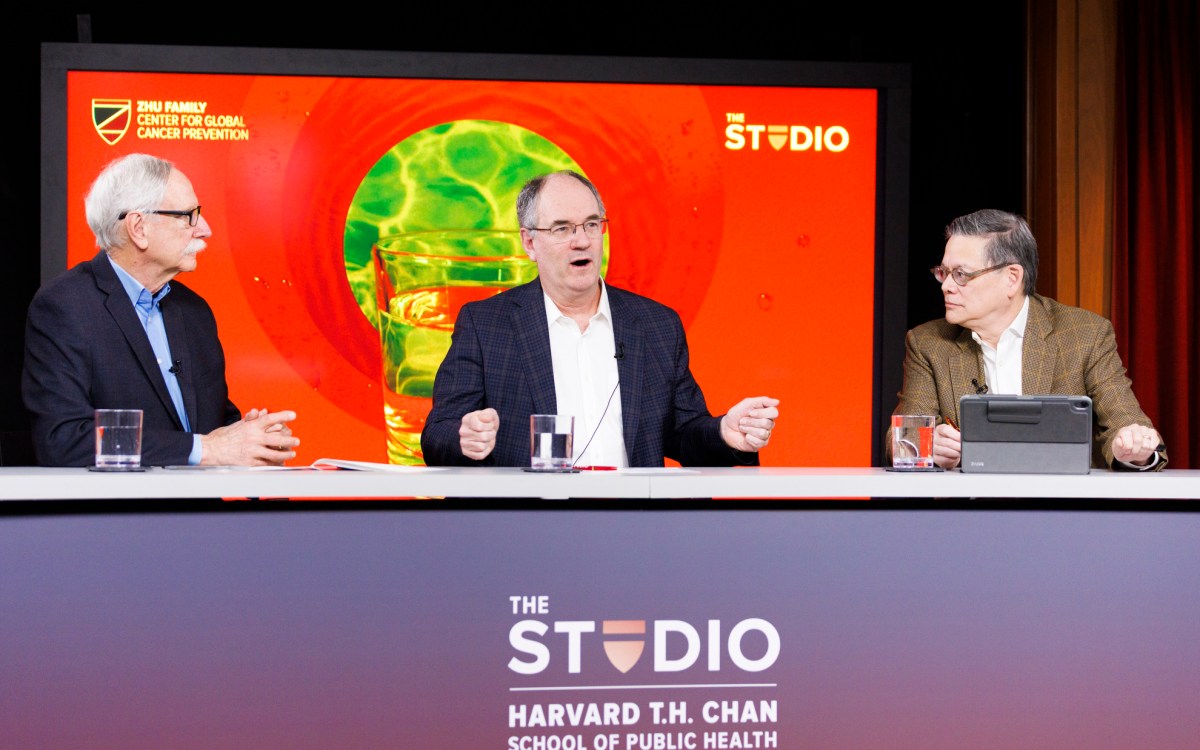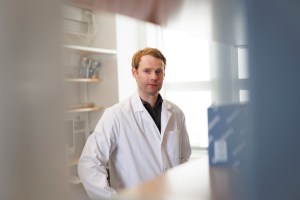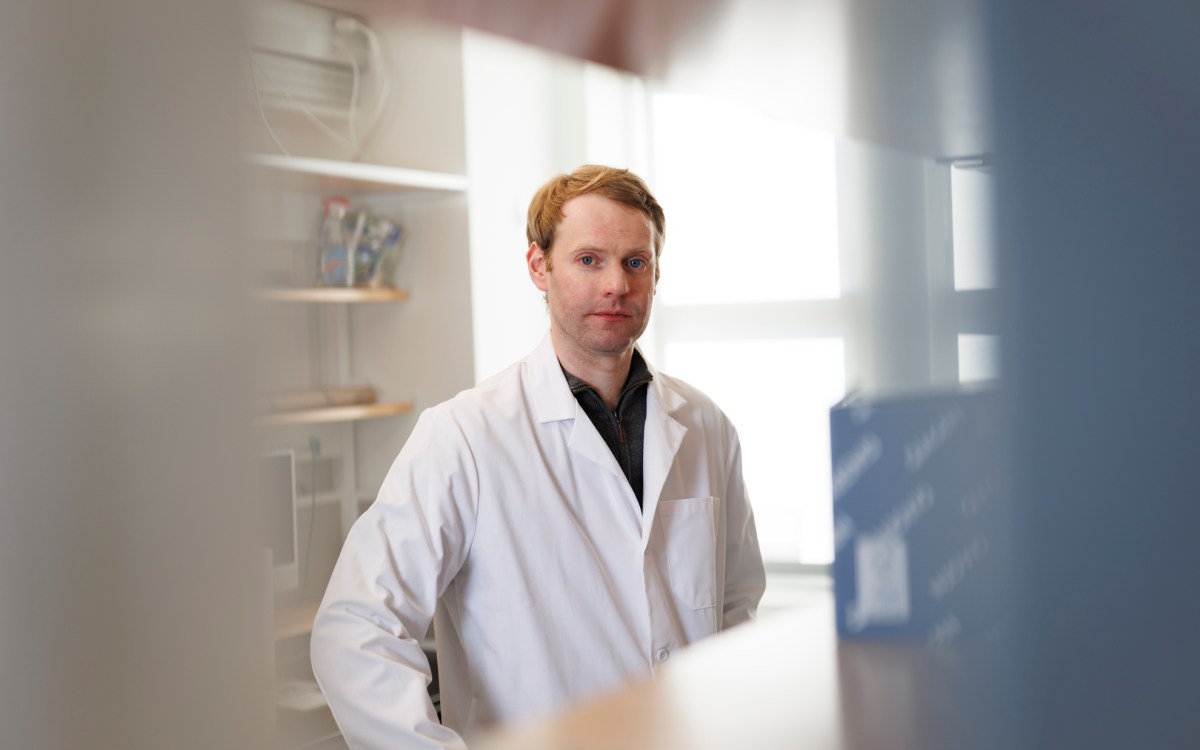New SEAS effort to focus on grad education in applied computational science
The Harvard School of Engineering and Applied Sciences (SEAS) announced a commitment to foster graduate training and research in applied computational science, infusing the SEAS curriculum with new courses and student research opportunities that will focus on the use of computation to power discovery and innovation.
The aim of the new effort is to expand Harvard’s educational capacity in applied computational science, a growing field that brings together mathematical models, algorithms, systems innovations, computational techniques, and statistical tools.
“From understanding the dynamics of bloodflow to visualizing complex data to tethering low-cost hardware together to create virtual supercomputers, applied computation is at the core of science and engineering,” says Cherry A. Murray, dean of the Harvard School of Engineering and Applied Sciences and John A. and Elizabeth S. Armstrong Professor of Engineering and Applied Sciences. “We owe it to our students to ensure that SEAS is at the forefront of this exciting field.”
Taking advantage of the highly interdisciplinary nature of SEAS and its intellectual connections to departments and schools throughout Harvard, faculty members will enhance existing courses and develop new ones. The courses will be available to Harvard graduate students across the sciences.
Efthimios Kaxiras, John Hasbrouck Van Vleck Professor of Pure and Applied Physics, will serve as the director, effective September 1, of a newly created SEAS-based Institute for Applied Computational Science and be responsible for academic oversight. Kaxiras, an expert in materials physics, has long used sophisticated computation techniques to spur advances in biomedical applications.
Rather than establishing a new academic or administrative unit, the institute will play a coordinating and capacity-building role, engaging with faculty from all SEAS academic areas.





